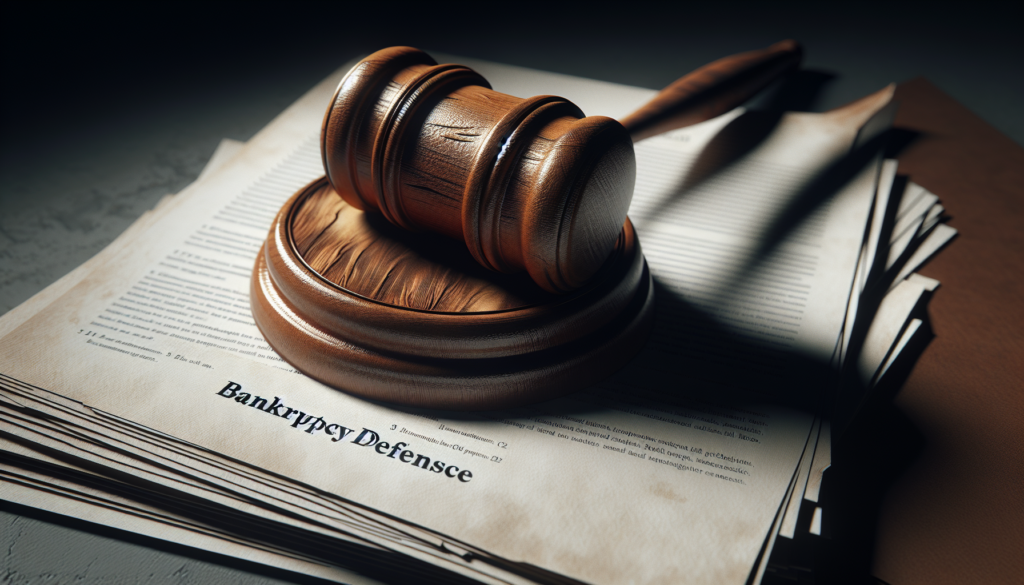
Dealing with persistent creditor harassment can be stressful and overwhelming, but there are several strategies and legal protections available to help you manage and stop such behavior. Understanding your rights under the Fair Debt Collection Practices Act (FDCPA) and considering other options like debt negotiation or bankruptcy can provide relief from creditor harassment. Here’s how you can stop creditor harassment:
-
Know Your Rights Under the FDCPA
The FDCPA provides consumers with protection against abusive, deceptive, and unfair debt collection practices. Under the FDCPA, debt collectors are prohibited from:
- Calling you before 8 a.m. or after 9 p.m. without your permission.
- Using abusive or threatening language.
- Contacting you at work if they’re informed that you’re not allowed to receive calls there.
- Misrepresenting the amount you owe or using deceptive methods to collect a debt.
- Contacting you directly if you have an attorney.
-
Communicate in Writing
Request that all communications from the debt collector be done in writing. This provides a record of their correspondence and can help if you need to file a complaint or take legal action. You can also send a letter to the debt collector requesting that they stop contacting you. While this doesn’t eliminate the debt, it should stop the calls and letters.
-
Dispute the Debt if Necessary
If you believe the debt isn’t yours or the amount is incorrect, you have the right to dispute it. Send a dispute letter to the debt collector within 30 days of first being contacted. The collector must then stop all collection activities until they provide verification of the debt.
-
Set Up a Payment Plan or Negotiate a Settlement
If the debt is valid and you’re able to pay, consider negotiating a payment plan that fits your budget. Some creditors may also be willing to settle for a lump sum payment that’s less than the total amount owed. It’s essential to get any agreement in writing before making payments.
-
Use a Credit Counseling Service
A reputable credit counseling service can help you manage your debts by negotiating with creditors on your behalf. They can also help you create a budget and may offer a debt management plan (DMP) to consolidate your debts into a single monthly payment.
-
File for Bankruptcy
As a last resort, filing for bankruptcy can stop creditor harassment through the automatic stay, which prohibits most creditors from continuing collection activities. Bankruptcy can provide a fresh start by discharging eligible debts (Chapter 7) or reorganizing them into a manageable repayment plan (Chapter 13).
-
Report Violations
If a debt collector violates the FDCPA, report them to your state attorney general’s office, the Federal Trade Commission (FTC), and the Consumer Financial Protection Bureau (CFPB). You may also have grounds to sue the debt collector for damages.
You don’t have to endure creditor harassment silently. By understanding your rights and utilizing available resources, you can take control of the situation and find a path to financial stability. If you’re considering options like debt negotiation or bankruptcy, consulting with a knowledgeable attorney can provide valuable guidance tailored to your specific situation.

Get a Free Bankruptcy Case Evaluation